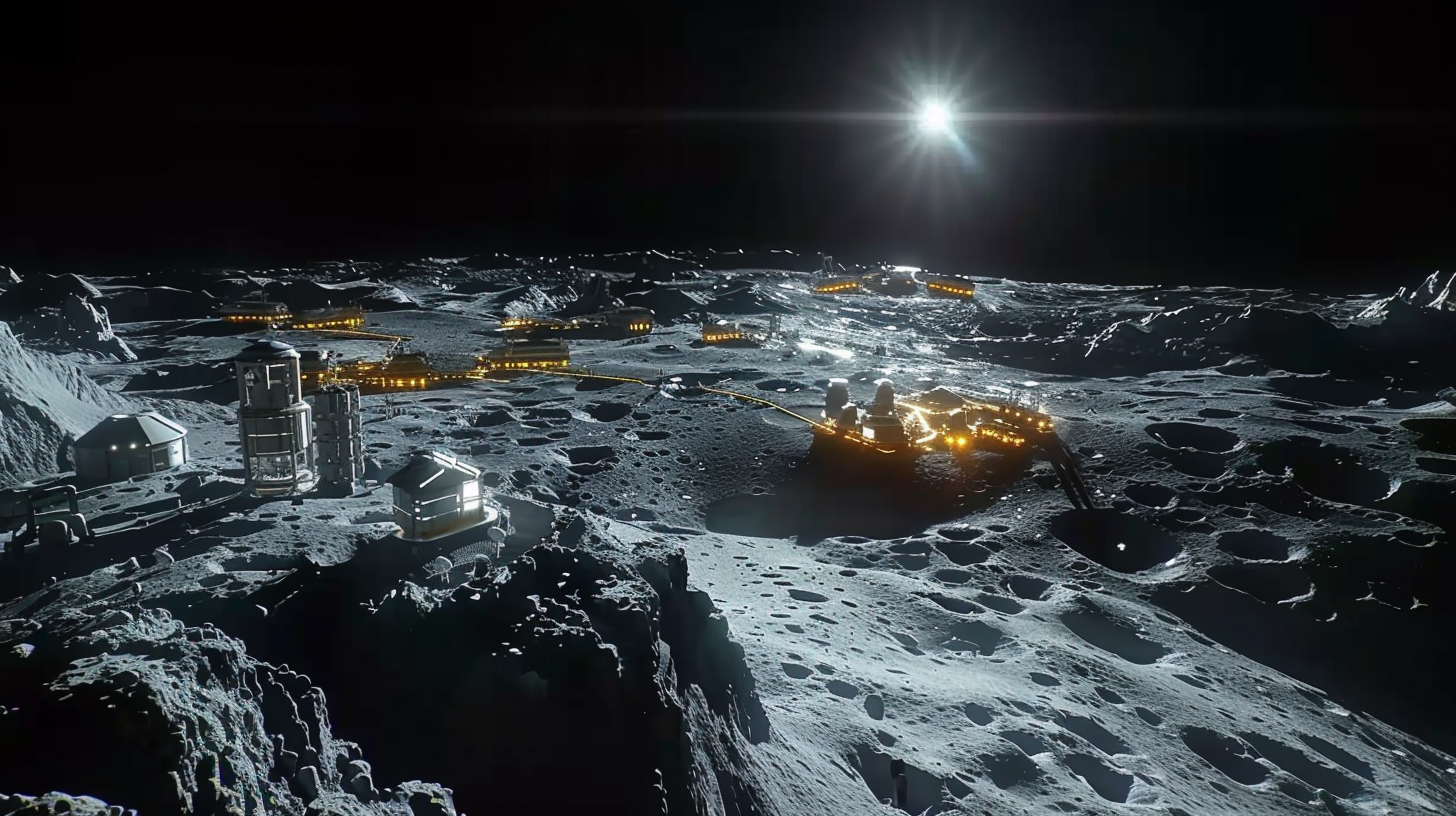As the global space community eagerly follows the progress and achievements of various nations, China has underlined its position as a serious player in the race for space dominance. With the recent Shenzhou17 mission breaking several records and plans for a research station on the moon, China is showing that it is more than ready to conquer the next frontier. But what exactly is China up to in space, and what impact could these developments have on the global space landscape?
Rapid development and ambitious goals
Over the past two decades, China has advanced its space program with remarkable speed and determination. From the first manned mission in 2003 to the current Shenzhou17 mission, China’s space program has excelled in technological advances and scientific achievements. The successful landings on the far side of the Moon and Mars, as well as the development of its own space station, Tiangong, are evidence of China’s growing capabilities and its ambition to play a leading role in space.

The Tiangong Space Station and beyond
Tiangong, China’s answer to the International Space Station (ISS), marks an important milestone in the country’s quest for a permanent presence in space. With plans to expand the station from its current T-shape into a cross shape and the imminent launch of the Xun Tian space telescope, which will have a field of view 300 times larger than the Hubble telescope, China is setting new standards in space exploration.
Lunar ambitions and resource extraction
China’s plans to build a research station near the south pole of the moon are particularly intriguing. This region is of particular interest as it not only holds valuable raw materials, but also ice and therefore water, which could be used for future manned missions and possibly for the production of fuel in space. China’s goal of landing the first Chinese man on the moon by 2030 coincides with the planned retirement of the ISS and could put the country in a prime position for lunar exploration and utilization.
A new era of space travel
The developments in China’s space program come at a time when the role of private space companies, such as SpaceX in the US, is becoming increasingly important. As commercial space travel brings a new dynamic to the space race, China is preparing the ground for a future in which regular moon missions and a permanent presence on Earth’s satellite could be a reality.
Conclusion
China’s ambitious plans in space underline the country’s ambition to become a world power in space. As China realizes its dreams of conquering space, new horizons for scientific discovery and technological innovation are opening up. With each successful launch and mission, China is setting new standards and challenging other nations to intensify their own space programs. The future of space exploration seems as exciting as it is unpredictable, with China at the forefront of discovering new worlds.












